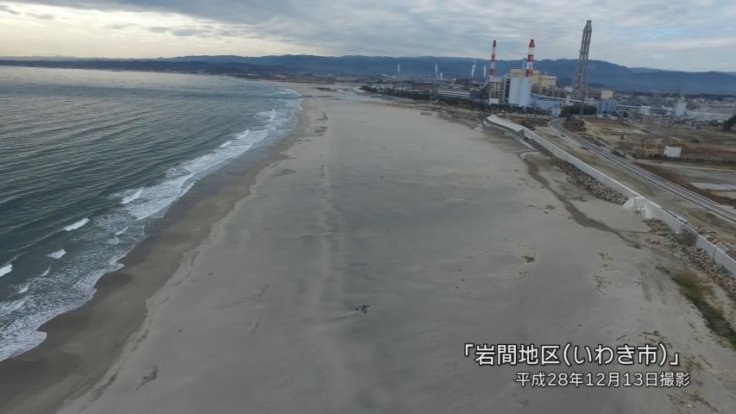
Non-governmental environment organization 'Greenpeace' has detected dangerous radiation hotspots near the starting point of the upcoming Olympic torch relay in Fukushima. Even though authorities in Japan had assured that the area is safe, the new report from Greenpeace came as a real shocker.
Did Fukushima recover from the 2011 tsunami?
It was in 2011 that a deadly tsunami hit the coast of Fukushima causing massive numbers of casualties and immense structural damage. As the tsunami hit the coast of Fukushima, a nuclear plant was damaged, and it is the reason behind the spread of radiation in the nearby areas. Japanese authorities are keen to use the upcoming Olympics to show that Fukushima has recovered from the tsunami, and the country has risen like a phoenix bird, as they have done an umpteen number of times in the past.
The country apparently plans to use the J-village, an advanced sports complex located about 12 miles from the nuclear plant as the starting point for the torch relay that is scheduled to be conducted in March 2020. Before fixing this venue, authorities in Japan conducted a complete cleanup process, and thus the sports center was declared completely functional.
Radiation level reaching alarming heights?
But in their report, Greenpeace revealed that the radiation in the area exceeded the government-set tolerance level of 0.23 microsieverts per hour. In the hotspot, the radiation level showed a reading of 71 microsieverts per hour at the surface level.
Andrew DeWit, a professor at Rikkyo University in Tokyo told Bloomberg that the report from Greenpeace is being taken seriously by the Japanese authorities. "The report alarmed the Japanese authorities enough that they checked it, confirmed the data, and got the hotspot cleared up," said DeWit.
Japan's Ministry of Environment revealed that they are looking into this finding very seriously, and assured that they will take adequate measures to combat the threat, if necessary.









